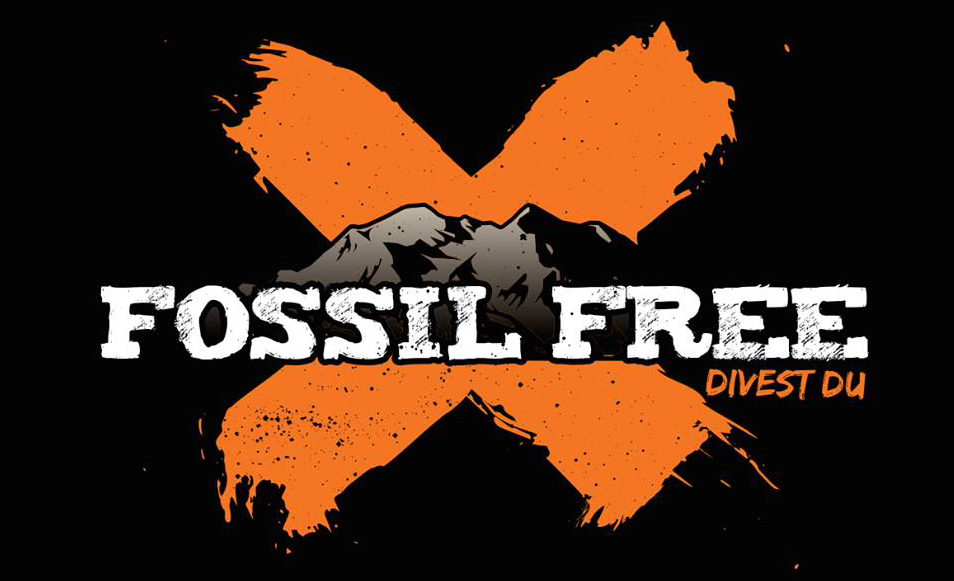This upcoming Thursday, the DU Divestment club will be hosting a photo petition on Driscoll Bridge. Even though I sympathize with the notion of fighting climate change, any type of divestment movement here at DU or at any other college campus in the country will have a negligible effect at best. Not only is a divestment campaign wholly ineffective, it will also distract the true activists from pursuing far more effective strategies for combating climate change.
The first problem with divesting from fossil fuels is an economic one. Let’s pretend the divestment campaign was to succeed, and Exxon Mobil just announced that it would no longer extract fossil fuels. Does Exxon Mobil just cap its wells and go home? Unquestionably no. These reserves have already been factored into share prices, and nations across the world are basing their budgets on their expected return. At the current price, the combined value of keeping all untapped reserves underground would be the equivalent of writing off over $27 trillion.
Thus, if Exxon decided it would no longer extract fossil fuels, it would immediately sell off those wells to other oil companies willing to drill, specifically privately owned oil companies who are not subject to the effect of shareholder prices. Economically, divestment cannot work. The consumer demand for fossil fuels is just too large.
Perhaps this divestment campaign is not a tactic to directly combat climate change, but simply a moral disassociation with fossil fuel. However, since divestment is just a symbolic action absent of quantifiable financial impacts, can a divestment campaign therefore be truly significant and hold any merit?
I am a believer in climate change, and I support taking meaningful action to curb our emissions. However, climate change is not a moral crusade. Climate change is a scientific, economic and political challenge. Despite the warm and fuzzy feelings that all of the environmentalists get at these petition signings, these events are doing absolutely nothing to address climate change. Instead, they are exacerbating the political polarization already in Washington and alienating the audience they want to convince. Divestment campaigns lose more potential converts than they gain.
Another fundamental problem with divestment campaigns is their logic. We all benefit from the access to reliable and affordable sources of energy. If we are going to truly apply the logic of divestment to DU, then technically, it would be considered morally wrong to benefit in any way from fossil fuel. We should ban driving cars to school. Our dorms should cease heating during the winter months. All study abroad programs should be cancelled unless the student elects to travel by boat. The moral exclusiveness of shareholder investment makes absolutely no sense.
If we truly wanted to make an impact on climate change, we would actually invest more in fossil fuel companies. We would invest more because shareholders are the ones who have a say in the company’s leadership, their future business model, lobbying activities and research objectives. By divesting from fossil fuel, the activists that actually care about the environment are removing any leverage they previously had in the fight to curb carbon emissions. Divestment is effectually doing us more harm than good.
The divestment campaign on Thursday will not impact fossil-fuel consumption or politics in any way. It may provide a gratifying niche for some environmentalists who are tired of trying to convince Sodexo to offer more vegan items in the cafeteria, but that’s really about it.
Instead of focusing on destructive and laughable divestment campaigns, we should be campaigning for something more practical and significant, such as an economy-wide carbon price. My advice for Thursday – don’t sign that petition if you truly care about fighting climate change.










